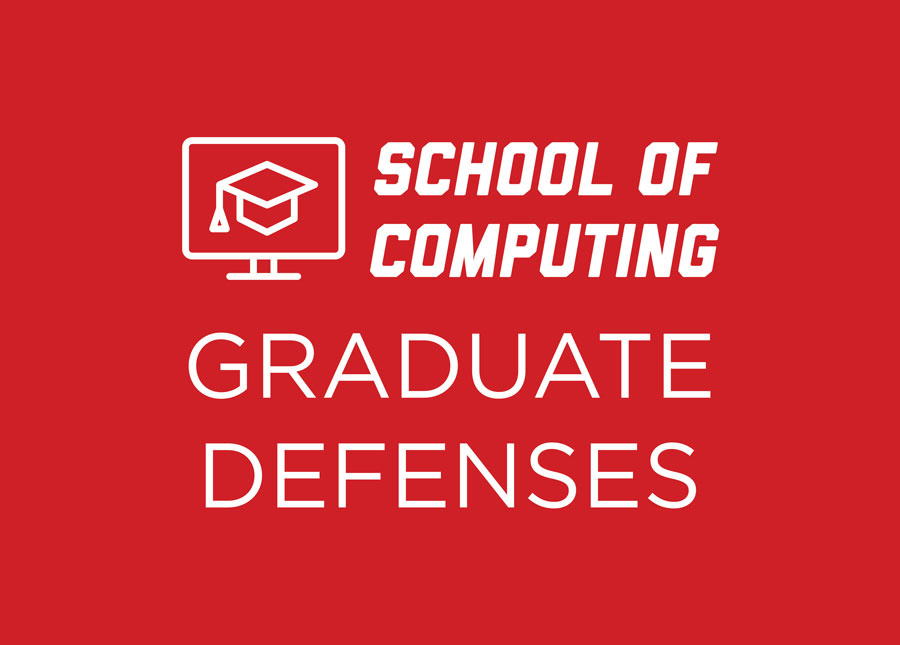
M.S. Defense: Mostafa Rafaiejokandan
Wednesday, November 30, 2022
3:00 PM
Zoom: https://unl.zoom.us/j/91344168310
"Attention in the Faithful Self-Explanatory NLP Models"
Deep neural networks (DNNs) can perform impressively in many natural language processing (NLP) tasks, but their black-box nature makes them inherently challenging to explain or interpret. Self-explanatory models are a new approach to overcoming this challenge, generating explanations in human-readable languages besides task objectives like answering questions. The main focus of this thesis was the explainability of NLP tasks, as well as how attention methods can help enhance performance. Three different attention modules are proposed, SimpleAttention, CrossSelfAttention, and CrossModality. It also includes a new dataset transformation method called Two-Documents that converts every dataset into two separate documents required by the offered attention modules. The proposed ideas were incorporated in a faithful architecture in which a module produces an explanation and prepares the information vector for the subsequent layers. The experiments were run on the ERASER Benchmark’s CoS-E dataset, restricting them to the transformer used in the baseline and only training data from the dataset while it required common sense knowledge to improve the accuracy. Based on the results, the proposed solution produced an explanation that outperformed Token F1 and IOU F1 by about 4% and 12%, respectively, while being about 1% more accurate.
Committee member:
Advisor: Dr. Stephen Scott
Dr. Ashok Samal
Dr. Vinodchandran Variyam
Ph.D. Dissertation Defense: Anthony R. Schneider
Thursday, December 1, 2022
10:00 AM
256C Avery Hall and Zoom: https://unl.zoom.us/j/92384166811
"New Relational Consistency Algorithms and a Flexible Solver Architecture for Integrating Them During Search"
Consistency algorithms, which perform inference, are at the heart of Constraint Programming. The strongest consistency level provided in most constraint solvers is Generalized Arc Consistency (GAC). In recent years, higher-level consistencies, especially relational consistencies, were shown to be critical for solving difficult Constraint Satisfaction Problems (CSPs). Implementing algorithms that enforce such consistencies in existing solvers cannot be done in a flexible and transparent manner and may require significantly modifying the constraint model of the CSP. In this thesis, we address the practical mechanics for making higher-level consistencies a pragmatic choice for solving CSPs. To this end, we present three main contributions. First, we design and implement a new generation of constraint solvers with an architecture open to development and integration of new domain and relation-filtering consistency algorithms where one or more consistency algorithms can independently operate on specific, possibly overlapping subproblems, and where the implementation of the relational consistency algorithms does not require the modification of the constraint model of the CSP. Second, we propose new algorithms for two different kinds of relational consistencies: pairwise and m-wise consistency. Finally, we describe how to dynamically identify and exploit tractable substructures during search using one of the novel pairwise consistencies developed in this dissertation.
Committee:
Advisor, B.Y. Choueiry
Myra Cohen
Hongfeng Yu
Mark Walker